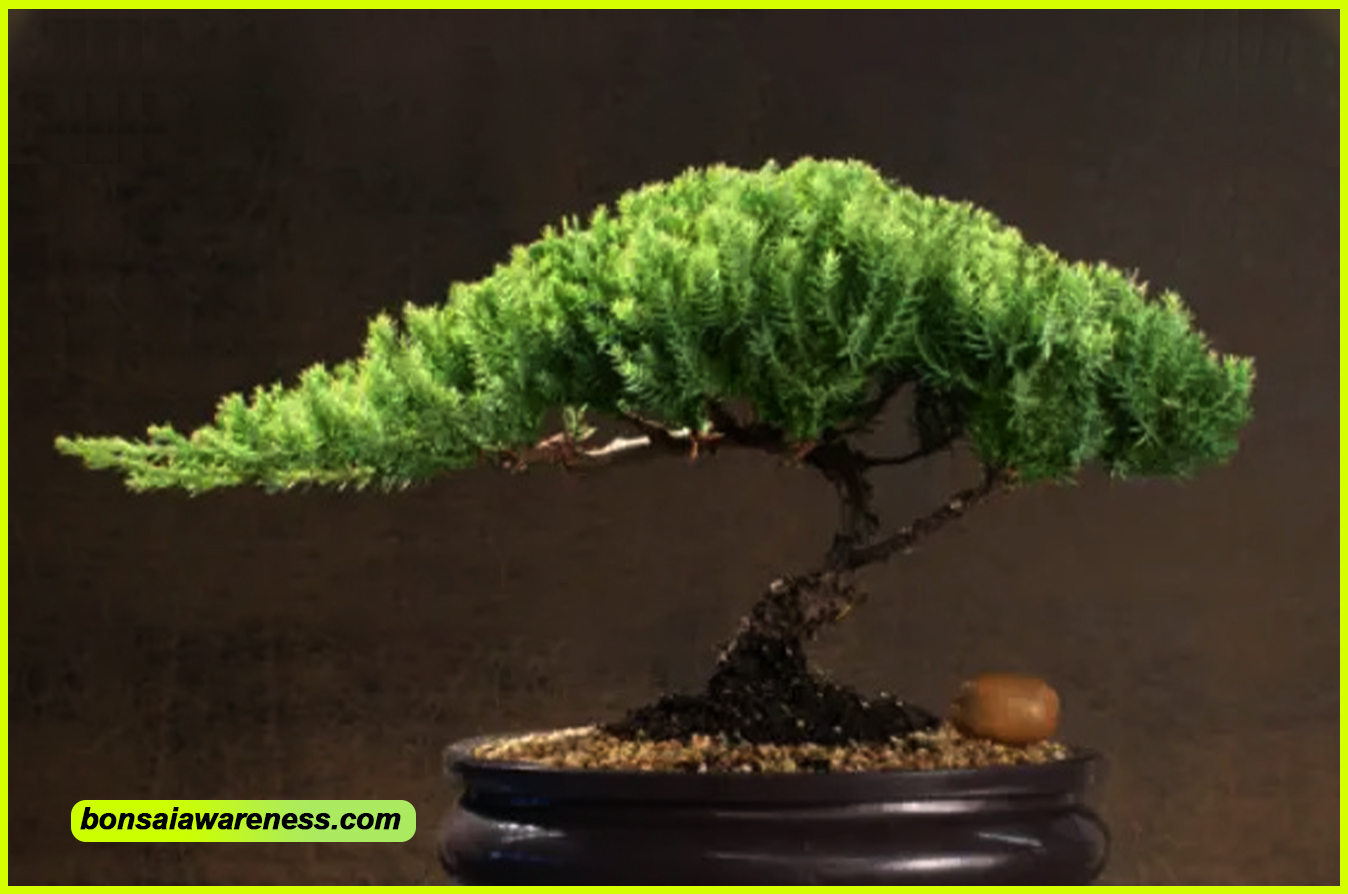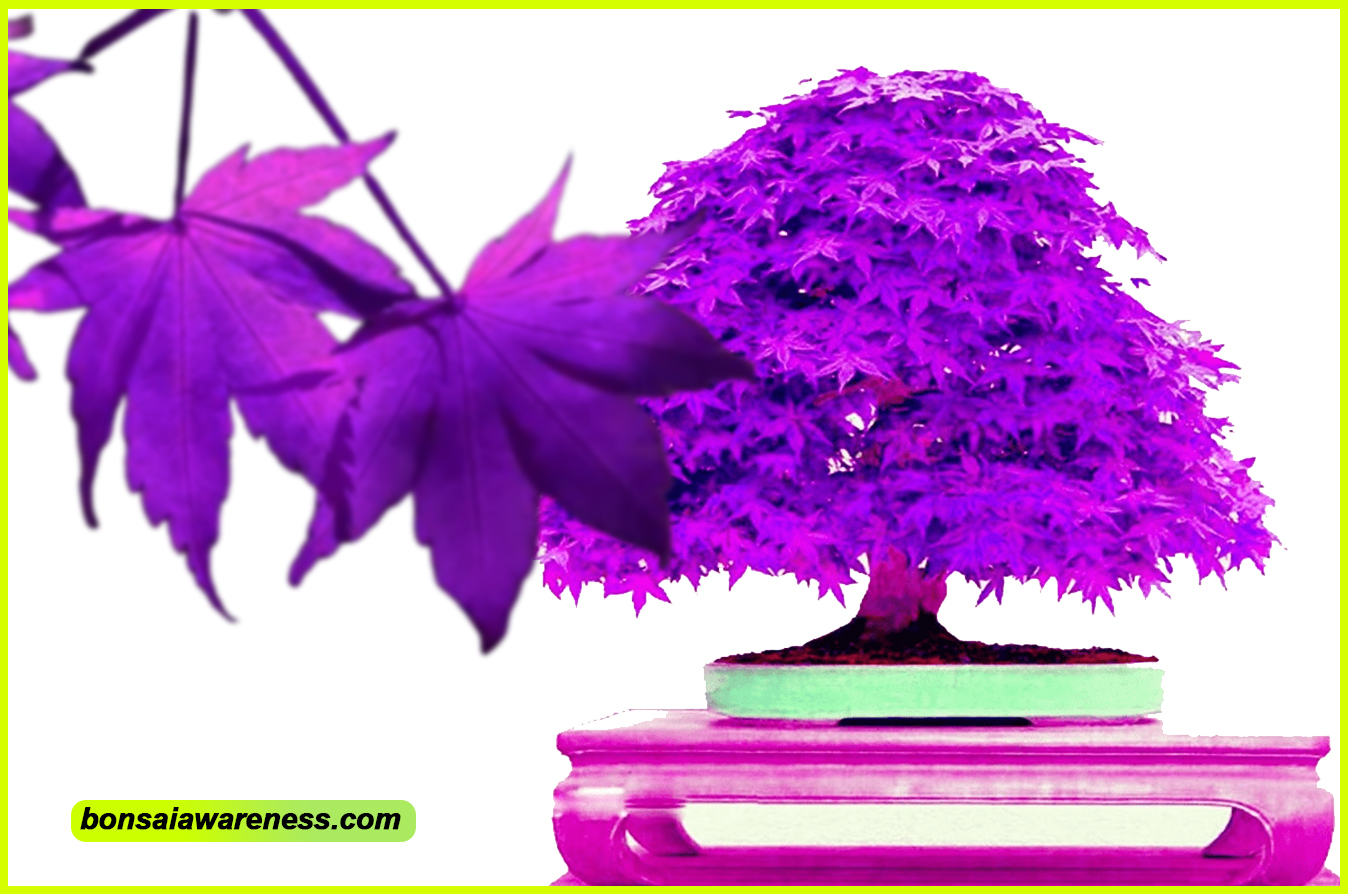A bonsai tree can take several years to grow fully. The time required varies depending on the specific species and the care provided to the tree.
Bonsai trees are fascinating miniature versions of their full-sized counterparts, and cultivating them is a rewarding and patient endeavor. One of the most common questions that bonsai enthusiasts often ask is, “How long does it take for a bonsai tree to grow?
” Well, the answer to this question largely depends on various factors like the species, care, and maintenance. Different bonsai species have different growth rates, and some are naturally slower than others. Additionally, the growth rate can be influenced by the quality of care provided to the tree. Therefore, determining an exact timeline for a bonsai tree to grow can be challenging. However, it is safe to say that growing a bonsai tree requires patience and dedication, as it can take several years to achieve the desired aesthetic and maturity.
The Growth Journey
The growth journey of a bonsai tree from a seed to a sapling is a delicate and fascinating process. It requires patience, care, and attention to detail. The first step is to choose the right seeds, which can vary depending on the type of bonsai tree you want to grow. Once you have the seeds, they need to be planted in well-draining soil and kept in a warm and humid environment. Regular watering is essential to keep the soil moist but not soggy. As the seeds germinate and grow, they will eventually develop into saplings. During this stage, it’s crucial to provide proper sunlight and occasional fertilization. The time it takes for a bonsai tree to grow from a seed to a sapling can vary depending on various factors such as the tree species, growing conditions, and your care. It can range from a few months to several years. It’s important to remember that bonsai trees are a long-term commitment that requires ongoing care and maintenance.
Factors Affecting Growth
The growth of a bonsai tree depends on various factors such as lighting and temperature, as well as the soil and watering techniques used. To ensure optimal growth, it is important to provide the tree with appropriate lighting conditions. Bonsai trees generally require bright, indirect light for about 6-8 hours a day. The temperature also plays a crucial role, as bonsai trees thrive in specific temperature ranges.
Another vital factor is the soil and watering routine. Bonsai trees require well-draining soil that retains enough moisture to keep the roots hydrated but avoids waterlogging. Regular watering is essential but overwatering should be avoided to prevent root rot. Maintaining a consistent watering schedule is important to prevent the tree from drying out or being overhydrated.
Techniques For Accelerated Growth
Bonsai trees can grow at different rates depending on various factors, including the species, environment, and care techniques. Proper pruning and trimming are essential for controlling the growth of the bonsai tree. By carefully removing excess branches and leaves, you can encourage the tree to focus its energy on desired areas, resulting in accelerated growth. Additionally, training and wiring can help shape the bonsai tree and guide its growth in a particular direction. It’s important to approach these techniques with care and patience to avoid damaging the tree. By implementing these methods, you can effectively accelerate the growth of your bonsai tree and create the desired aesthetic for your miniature masterpiece.
Supplements And Fertilization
Bonsai trees require careful nurturing and patience to grow into healthy and beautiful specimens. While their growth rate depends on various factors, supplements and fertilization play a crucial role in accelerating their growth.
When choosing fertilizers for your bonsai tree, it’s important to consider its specific needs. Different species have different nutritional requirements, and using the right fertilizers can make a significant difference in their growth. Look for fertilizers that are specifically formulated for bonsai trees, as they provide the necessary nutrients in the appropriate proportions.
Organic fertilizers are particularly beneficial for bonsai trees as they release nutrients slowly and improve the overall health of the tree, making it more resistant to pests and diseases. Granular fertilizers can be applied to the soil surface, and liquid fertilizers can be sprayed onto the foliage.
It’s also essential to consider the fertilizer ratio when choosing fertilizers. The ratio of nitrogen (N), phosphorus (P), and potassium (K) is indicated by three numbers on the fertilizer package. For promoting healthy foliage and root growth, choose a fertilizer with a higher nitrogen content. Conversely, a higher phosphorus content is suitable for encouraging flower and fruit development.
Troubleshooting Slow Growth
If your bonsai tree is experiencing slow growth, it is important to identify the underlying issues and take remedial actions accordingly. One common issue could be insufficient light. Bonsai trees require adequate sunlight to thrive, so make sure to place your tree in a spot that receives at least six hours of direct sunlight each day. Another issue could be over or under-watering. Bonsai trees need to be watered carefully, allowing the soil to dry slightly between waterings. Ensure that the soil is well-drained and not waterlogged. Improper pruning can also affect growth. Regularly trim and shape your bonsai tree to encourage healthy growth. Finally, check for any signs of pests or diseases. Treat any infestations promptly to prevent further damage. By addressing these common issues, you can promote the healthy and optimal growth of your bonsai tree.
Frequently Asked Questions For How Long For Bonsai Tree To Grow
How Fast Does A Bonsai Tree Grow?
Bonsai trees typically grow at a slow rate, around 1-6 inches per year. The growth can vary depending on species, care, and environment. Regular pruning and training can help control the growth and maintain the desired size and shape of the bonsai tree.
Are Bonsai Trees Hard To Grow?
Bonsai trees can be challenging to grow, require attentive care, and precise techniques. Their miniature size makes them sensitive to changes in environment, and they need regular watering, pruning, and fertilization to thrive. However, with proper knowledge and dedication, anyone can successfully grow bonsai trees.
How Long Does A Bonsai Tree Last?
A bonsai tree can live for a long time if properly cared for, with the potential to last for several decades or even centuries. The lifespan of a bonsai tree relies heavily on the type of tree, the care it receives, and adherence to proper bonsai techniques.
How Old Should A Tree Be Before Bonsai?
For bonsai, a tree should ideally be 3-5 years old, as that’s when it starts to develop a sturdy trunk and mature roots. Younger trees can also be used, but older trees may be harder to shape.
Conclusion
Growing a bonsai tree requires patience and dedication. Each species has its own growth rate, and it can take several years to achieve the desired look. Adequate care and regular maintenance are also crucial. With the right knowledge and commitment, your bonsai tree will eventually flourish and become a stunning addition to your home.


Leave a Reply